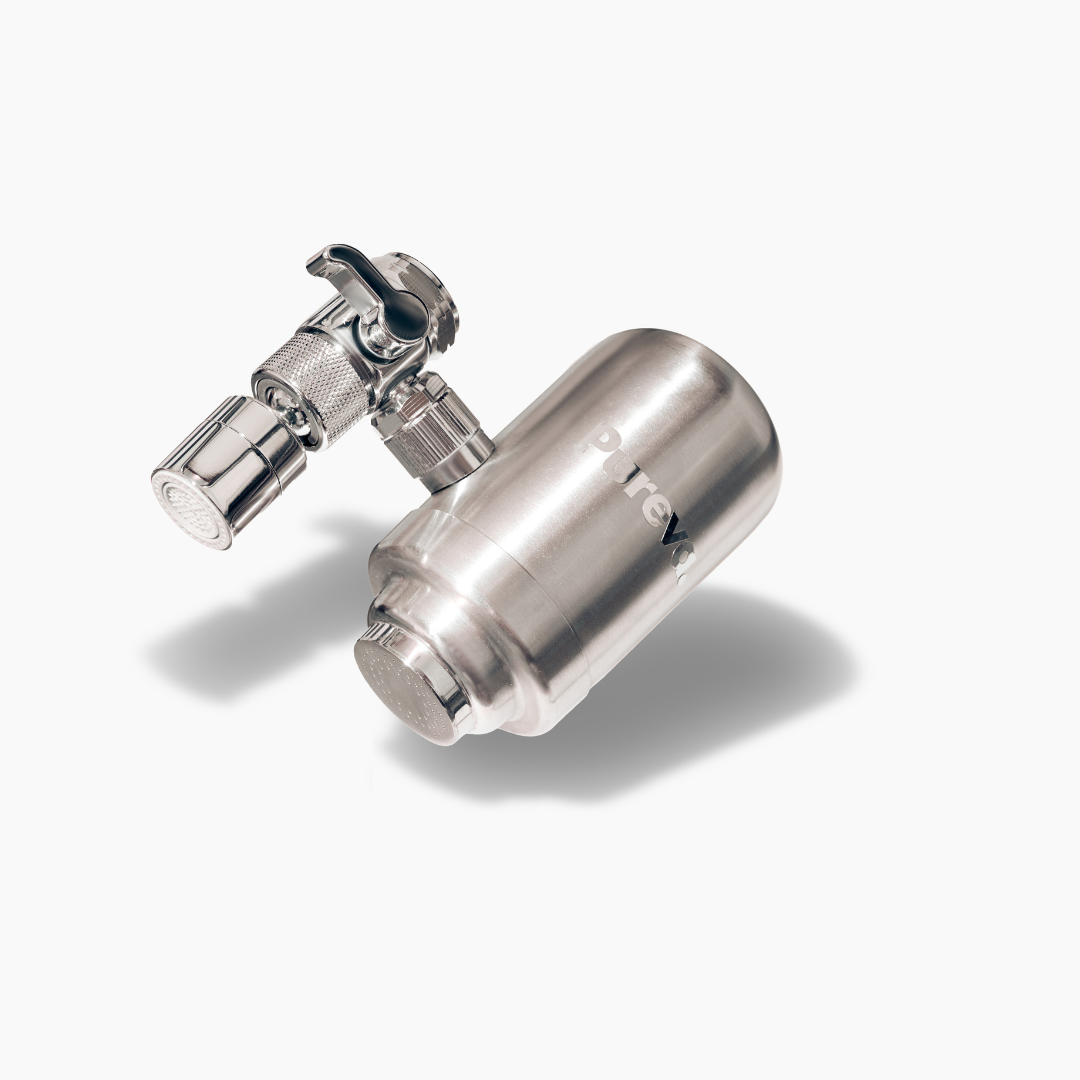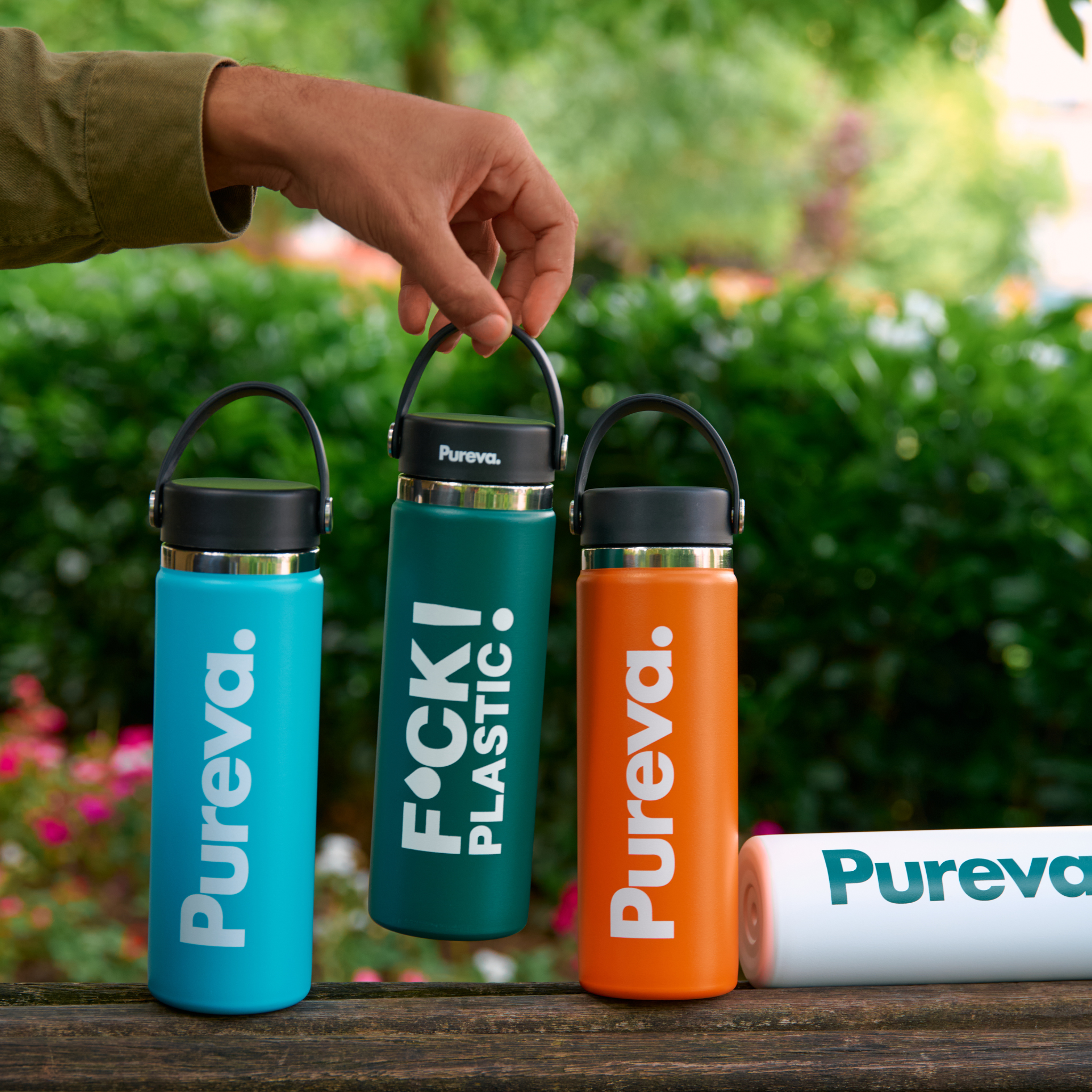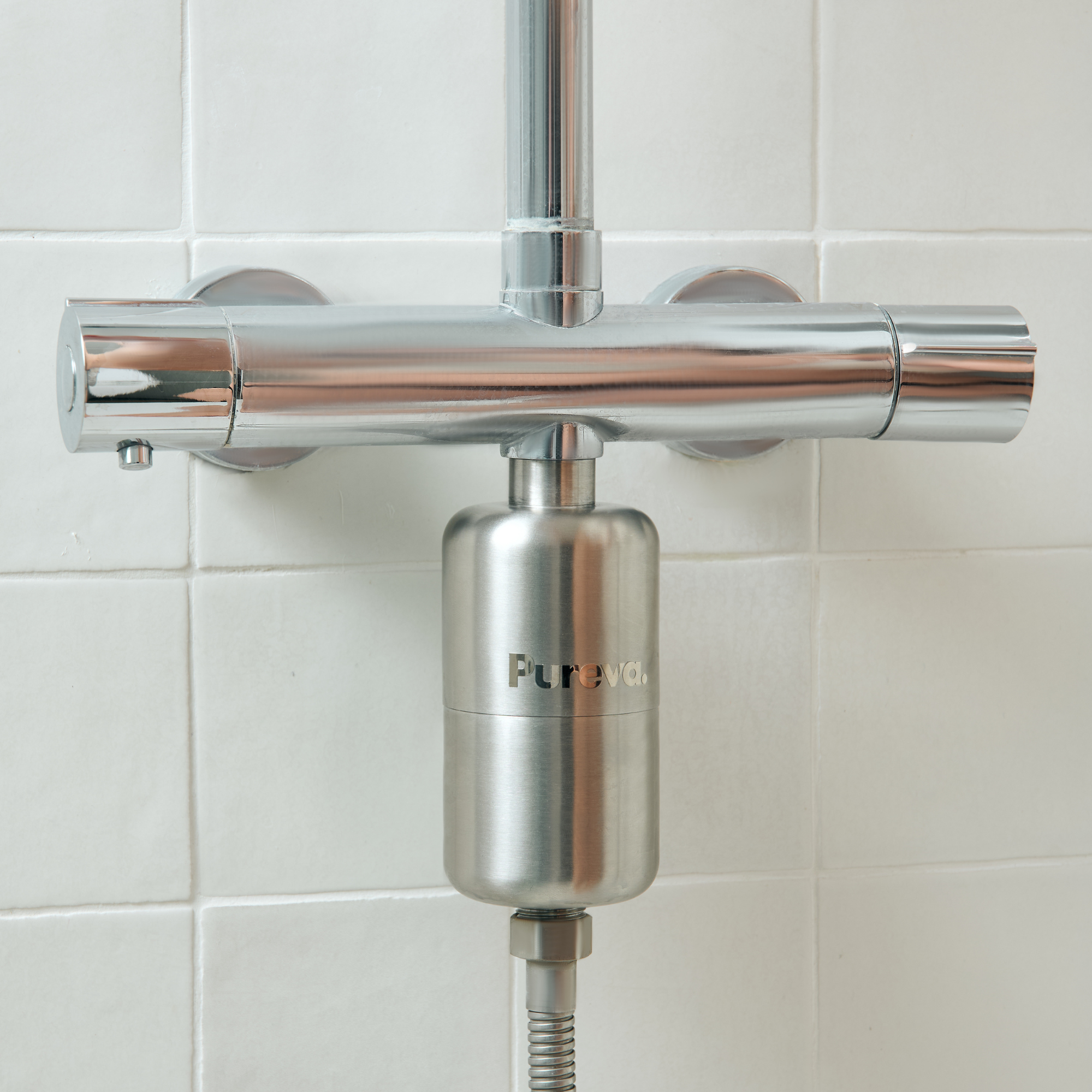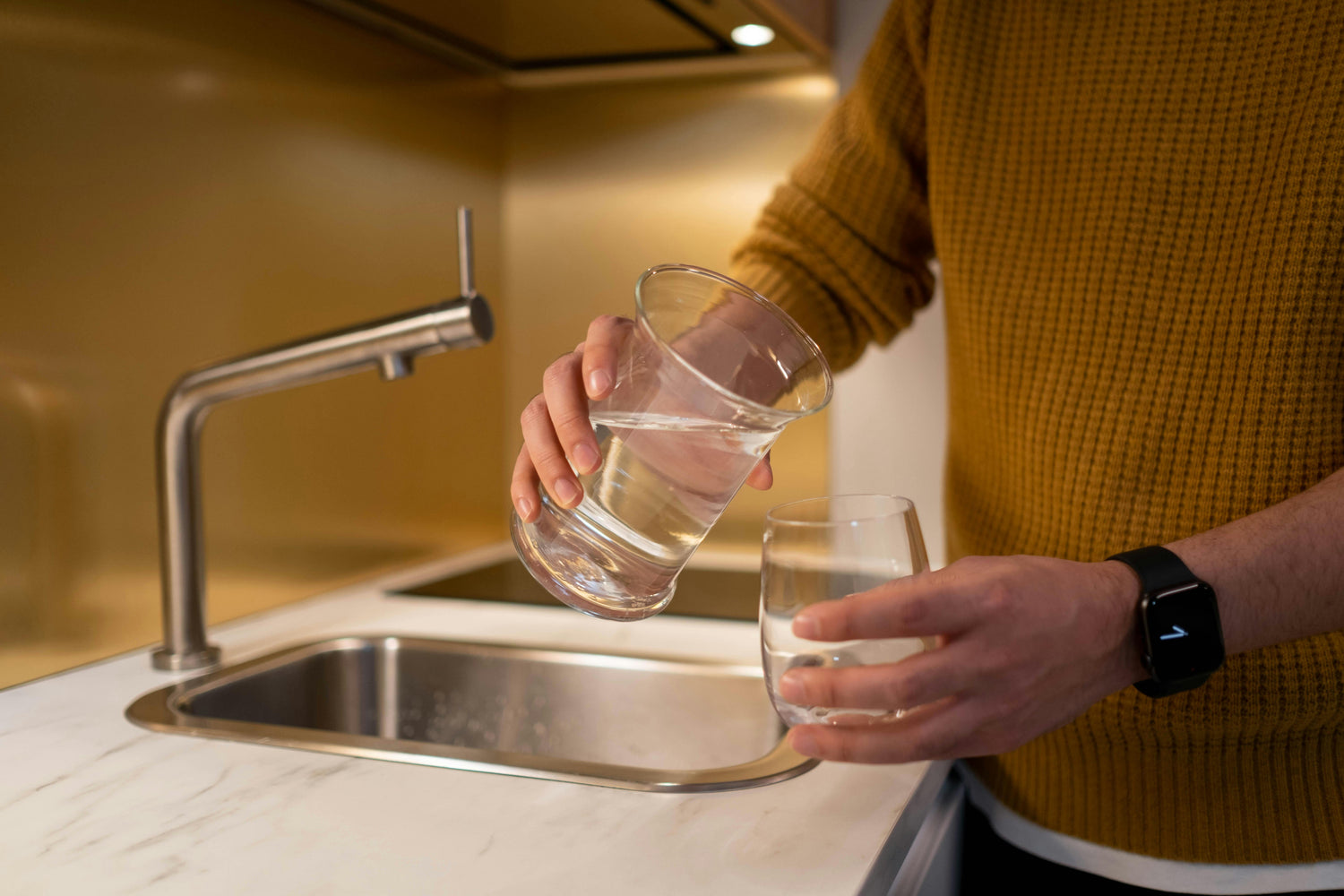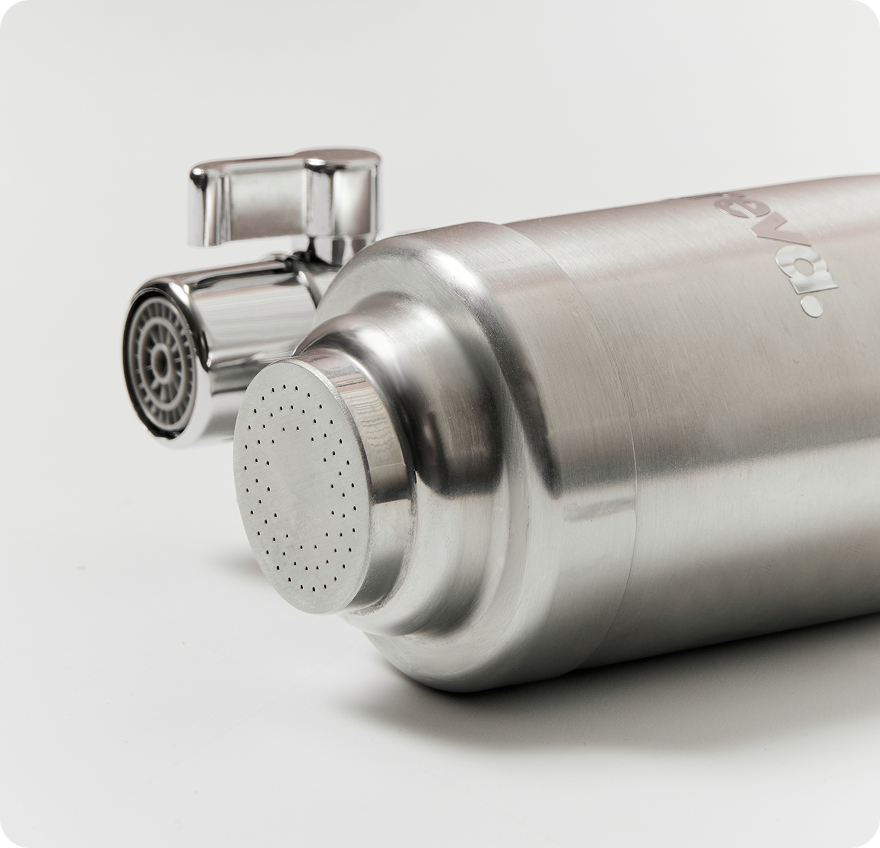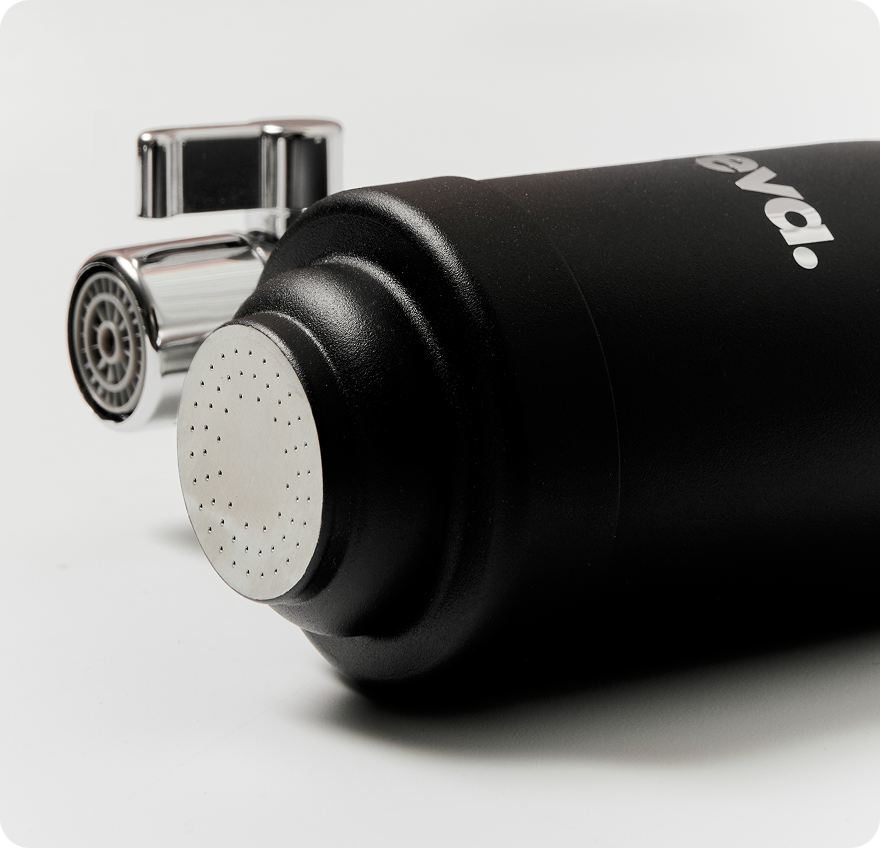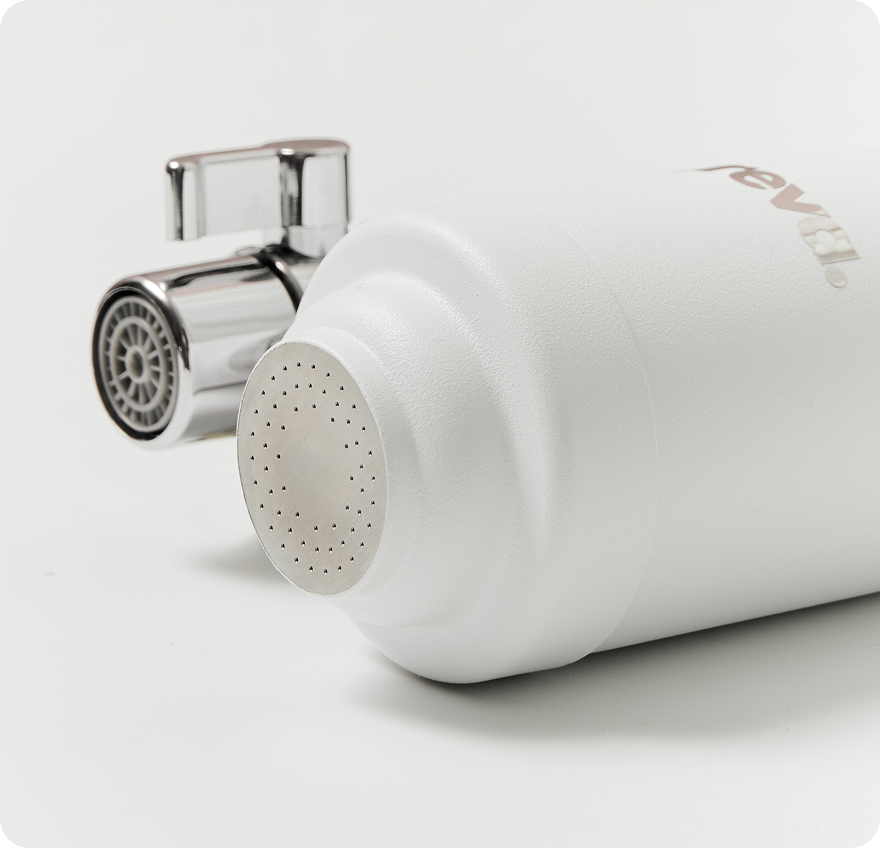Drinking healthier water, yes... but how do you find your way around it? Between marketing promises, conflicting opinions, and concerns about the quality of tap water, filter jugs often seem like an affordable solution. But are they really effective , or just seemingly practical? Filter jugs: good or bad idea? To find out, we reviewed their advantages, their limitations... and, above all, the more reliable alternatives to consider for you.

What are the advantages of a filter jug?
The benefits of water filter pitchers aren't limited to health or environmental benefits. Taste, smell, convenience... there are more than you might think.
✅ Improved taste and smell of water
Improving the taste and smell of water is one of the primary benefits of using a water filter pitcher. While the environmental and health benefits of water filtration are generally emphasized, many consumers also report improvements in taste. Thanks to a water filter pitcher, water tastes more like pure, chlorine-free spring water than tap water.
Indeed, filter jugs use carbon filters that remove chlorine, limescale, and other impurities. Without chlorine in the beverage, the water is more pleasant to drink and it's more encouraging to drink throughout the day to stay adequately hydrated. But changing the taste doesn't mean improving the composition of the water ...
✅ Reduction of certain contaminants
It's no secret that tap water contains pollutants . Heavy metals, copper, limescale, and pesticides all have a long-term impact on health. A filter jug helps remove some of these contaminants from the water.
Natural microfiltration allows you to drink clean water with fewer harmful substances. However, be aware that effectiveness can vary , and some pitchers may not sufficiently reduce nitrate and lead levels. We'll also see in the disadvantages section that there are other risks associated with its use.
✅ Ease of use and accessibility
Filter jugs are simple and convenient to use. With a filter jug, you simply fill your water as you normally would. The filter works by itself. Directly bottled, your water is healthy and free of most of its impurities. As for the cost, they are generally very low and therefore affordable. You only have to change the cartridges regularly to enjoy quality filtered water, and this is precisely where certain problems can arise .

What are the disadvantages of a filter jug?
Filter jugs also have some drawbacks that are important to be aware of. Here are the main negatives to consider before purchasing one!
❌ Incomplete or variable filtration
The main drawback of water filter pitchers is their variable filtration efficiency. Performance can vary considerably depending on the model. Efficiency also varies depending on the pitcher. According to UFC Que Choisir, some pitchers even release contaminants into the filtered water (such as silver, sodium, potassium, and even ammonium ions).
👉 Another concern: these devices often lower the pH of the water, making it more acidic. This change, while tolerable, can become problematic with prolonged consumption, especially for sensitive individuals.
❌ Usage constraints (maintenance, filter change, etc.)
Using a filter jug requires a certain level of rigor: the filter must be changed regularly, which comes at a significant cost. According to ANSES, filtered water must be consumed within 24 hours and kept refrigerated. The jug, meanwhile, must be cleaned daily to prevent the growth of bacteria. However, in practice, these constraints are often poorly understood or overlooked.
👉 This is precisely one of the main drawbacks of filter jugs: their effectiveness depends on strict maintenance, which is rarely respected. This lack of rigor, understandable on a daily basis, nevertheless opens the way to a very real risk: the proliferation of bacteria.
❌ A risk of bacterial proliferation
Another major drawback of the filter jug: the potential for bacterial proliferation caused by poor bottle maintenance. A filter that isn't replaced on time or a poorly cleaned jug becomes a veritable breeding ground for bacteria. Water, which is supposed to be healthier, can then become a source of contamination. Instead of eliminating impurities, you risk ingesting microorganisms that are potentially harmful to your health.
❌ A recurring cost that is not always profitable
Inexpensive to purchase, filter jugs are attractive due to their affordable price . But beware: their use involves recurring costs. For a family of four, filter cartridges generally need to be replaced 8 to 10 times a year. However, depending on the brand, they can cost between 4 and 9 euros each. In the long run, the cost of use can therefore climb much faster than you might imagine.
Finally, there is another practicality problem: the carafe remains limited in capacity , filtration is relatively slow and if you do not plan in advance, it is difficult to have large volumes if necessary.
So, is the filter carafe really useful?
Is a filter carafe really useful ? The answer to this question depends mainly on your expectations in terms of water consumption . Certainly, the filter carafe can represent an interesting economical and environmental option. It is also perfect for improving the taste of water, especially in regions where it is highly chlorinated. Simply type filter carafe reviews on the Internet to consult the feedback from Internet users. Some criticize it for its tedious maintenance and significant cost of use , particularly due to the regular replacement of filters. These constraints can be discouraging in the long term, especially if you are looking for a practical solution for everyday use.
The filter carafe is therefore potentially useful if you maintain it properly and use it properly. If your priority is to consume perfectly purified water, it can quickly show its limitations compared to other options.
What alternative is there to filter jugs?
If you're looking for a more reliable and durable alternative to filter jugs , screw-on tap filters are a great alternative to filter jugs. This system simply attaches to your existing faucet and filters water continuously, without having to refill a jug or wait for a rest period.
Pureva , for example, offers fast-flow models capable of removing many contaminants such as chlorine, pesticides, drug residues, heavy metals, and nitrates. Thanks to ceramic and activated carbon filtration technology, water is purified instantly, without altering pressure or requiring complex installation.
Another advantage: maintenance is reduced to a minimum, and the long-lasting cartridges make the system economical in the long run. A practical, ecological, and more efficient solution for those who want to drink healthier water every day.

